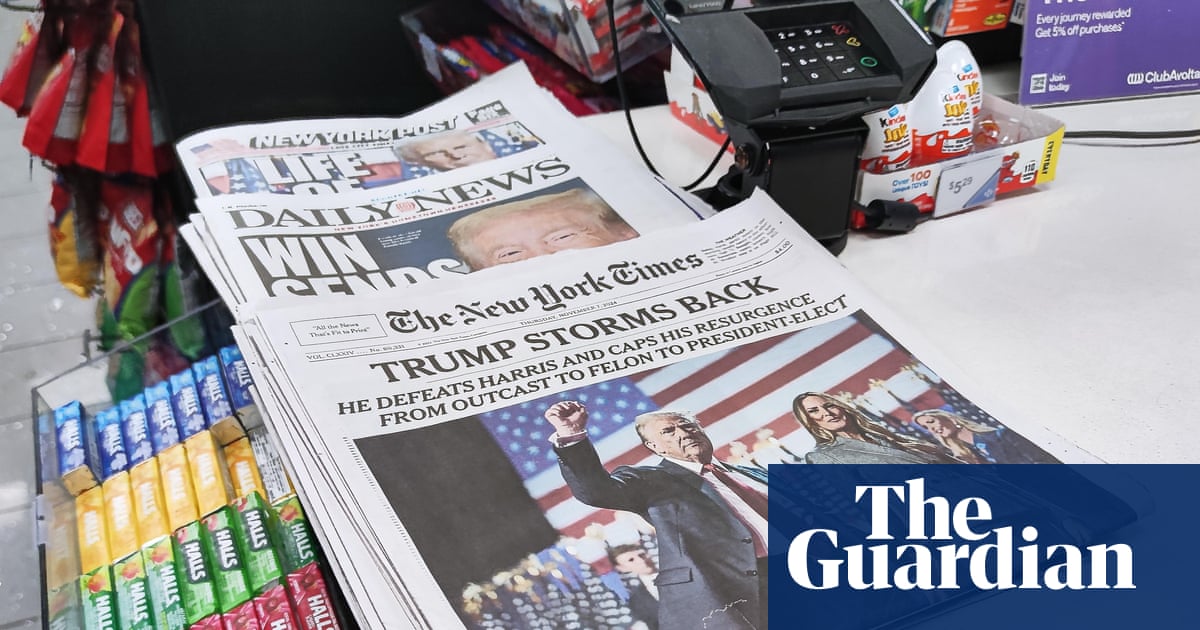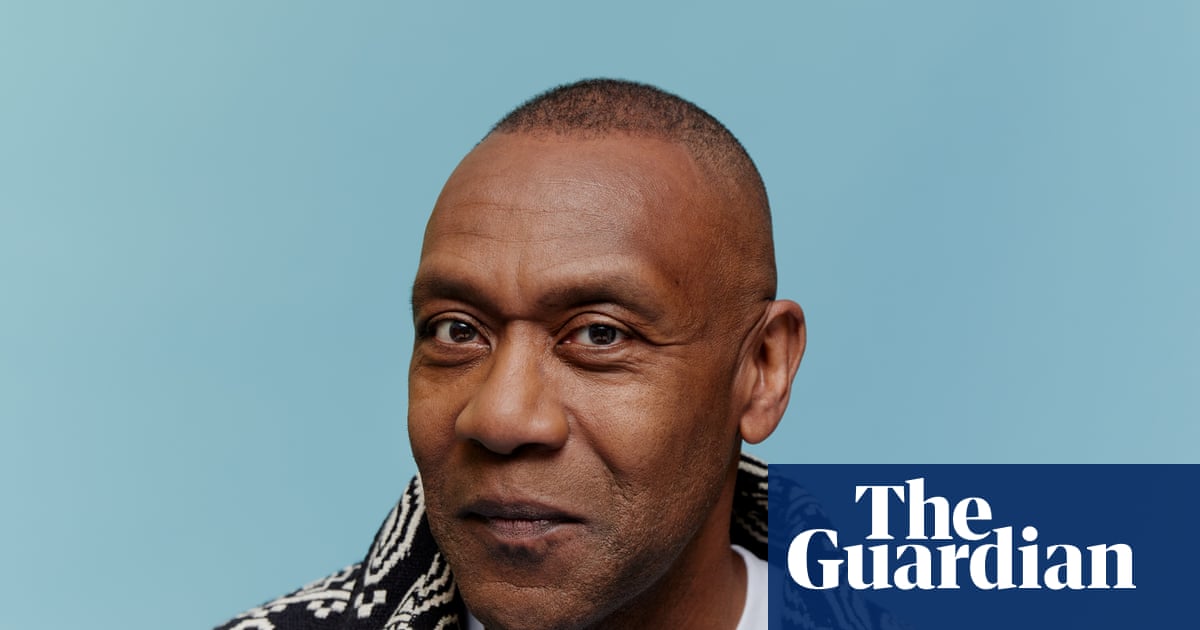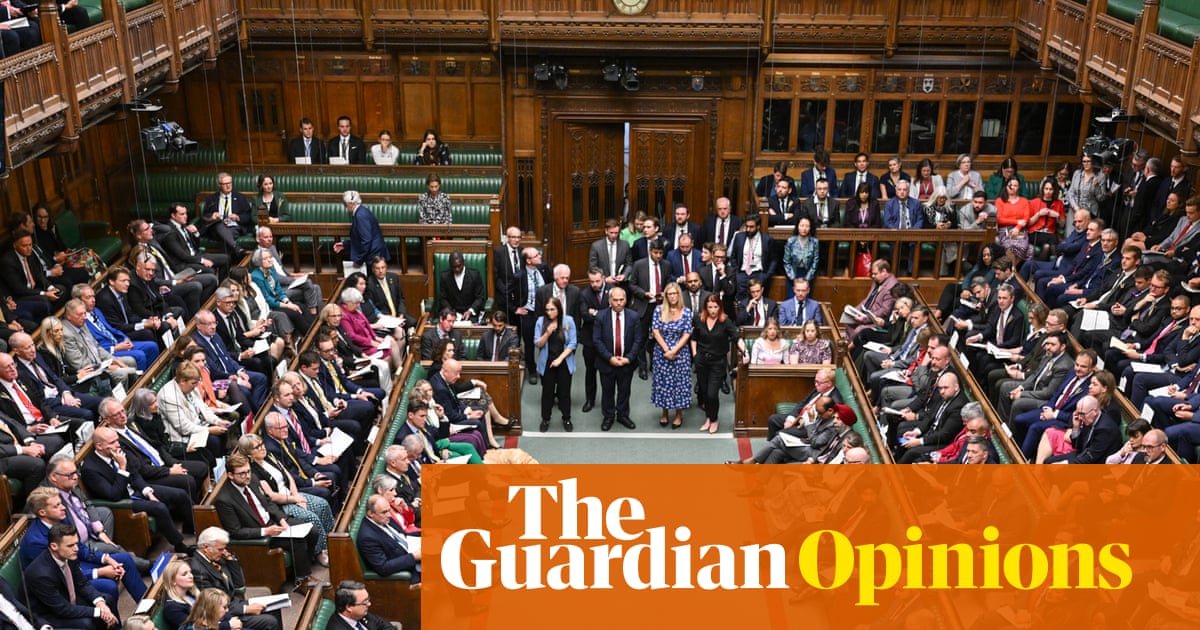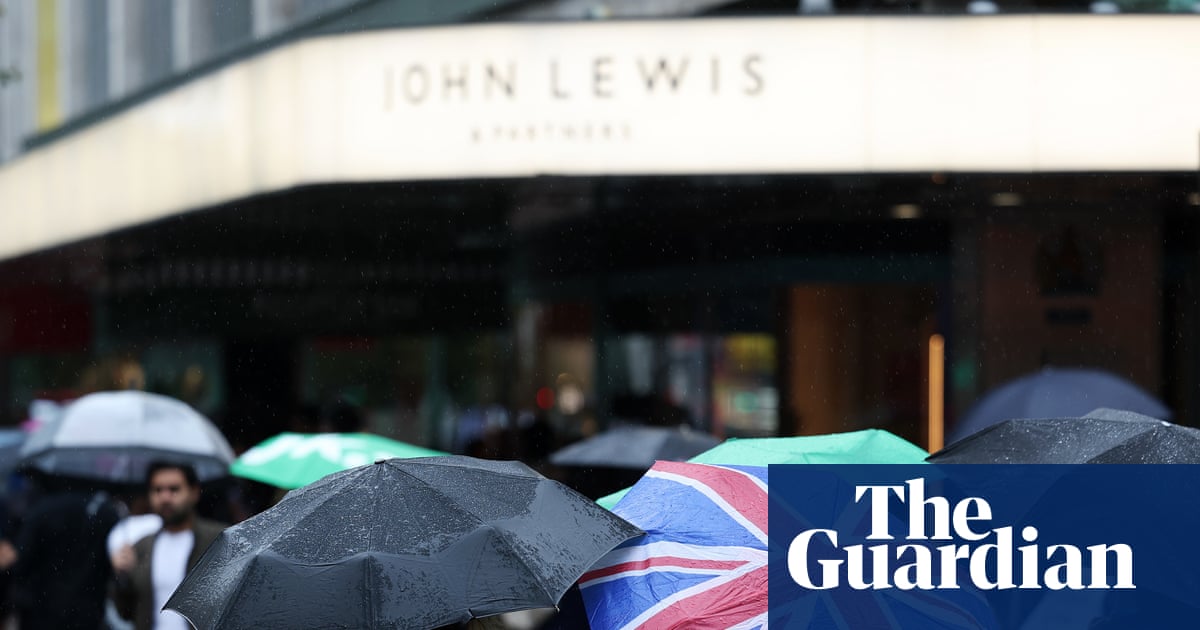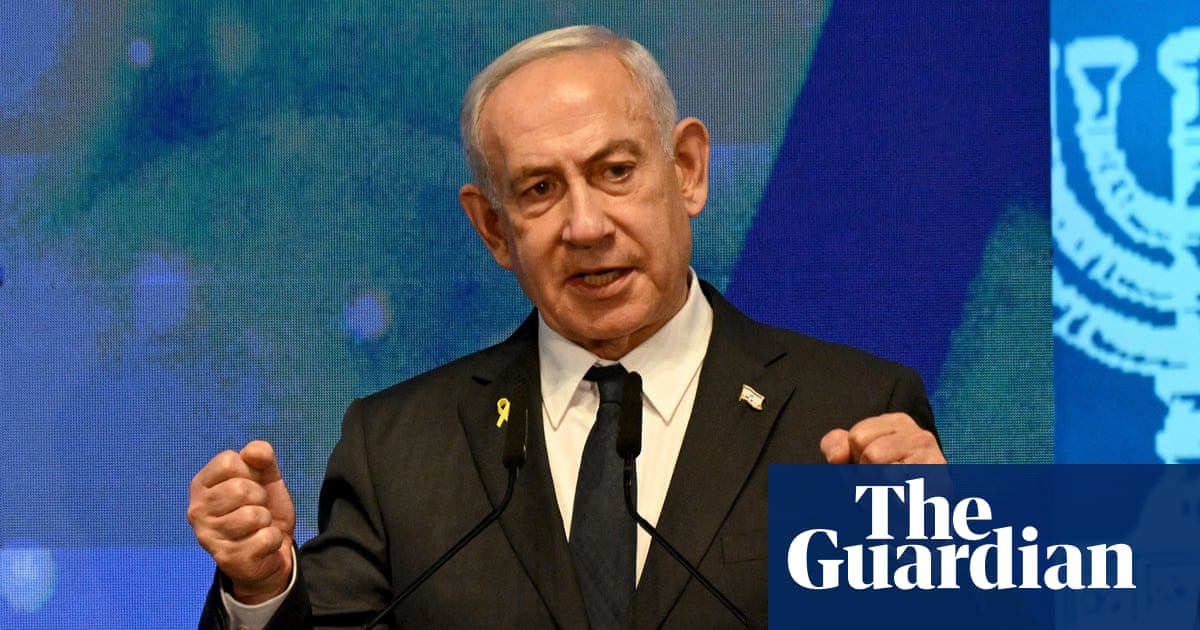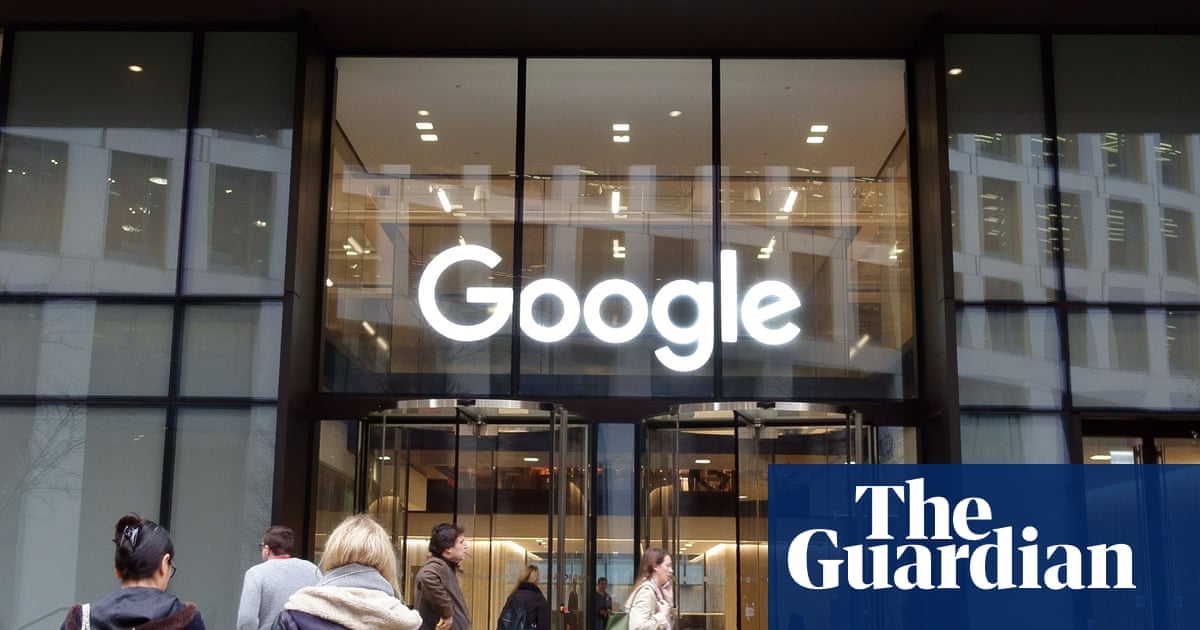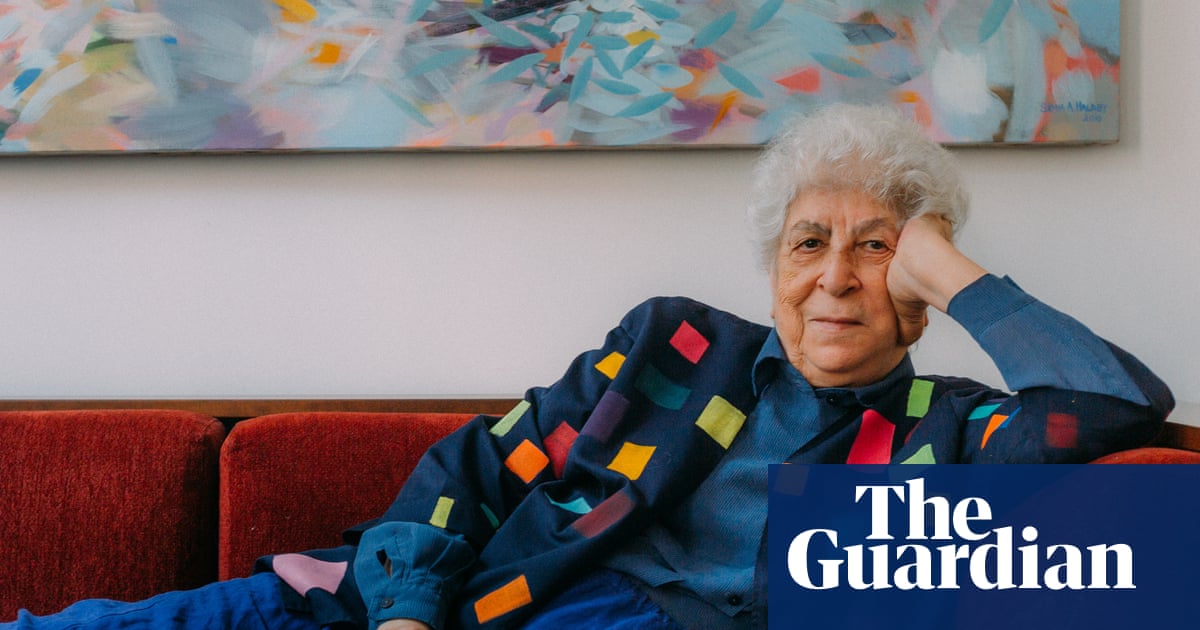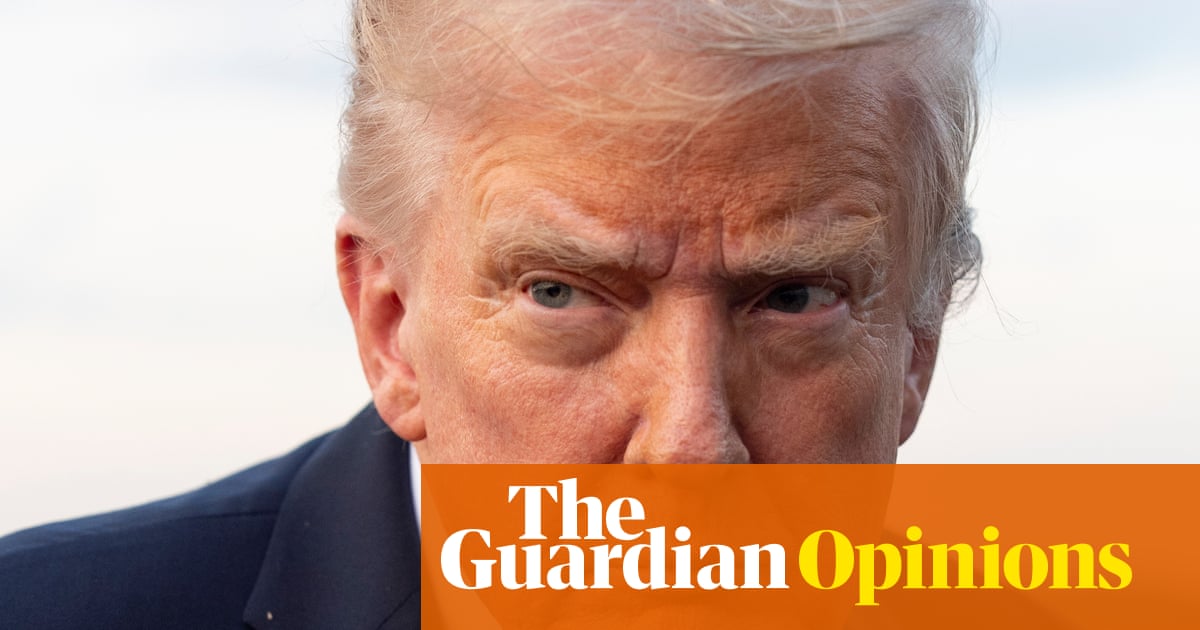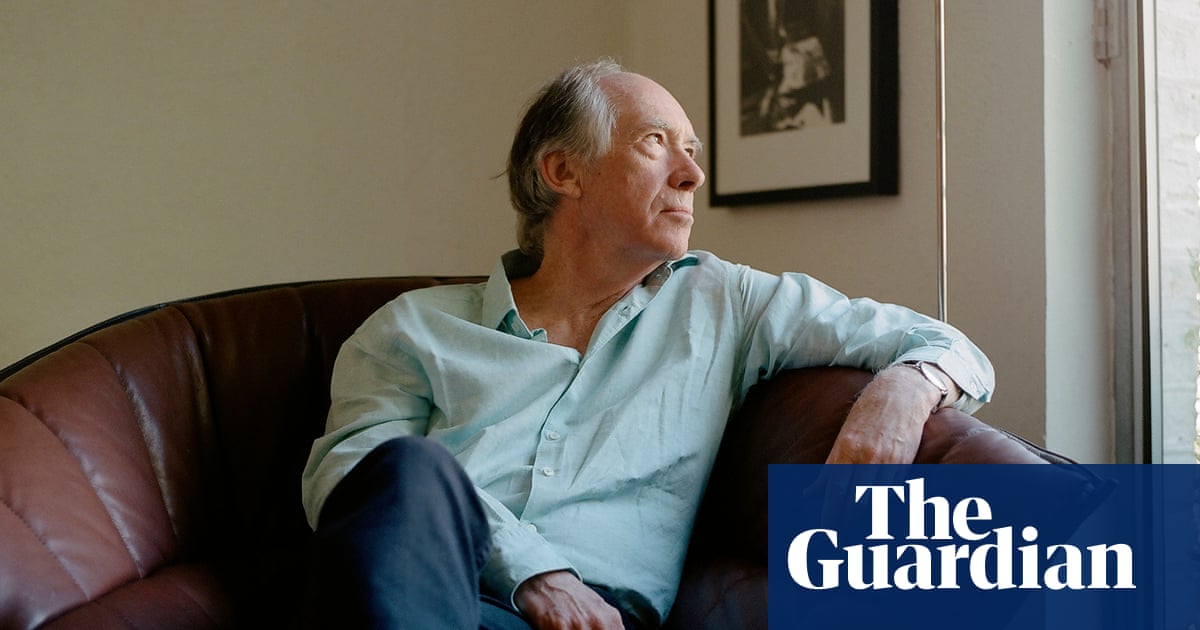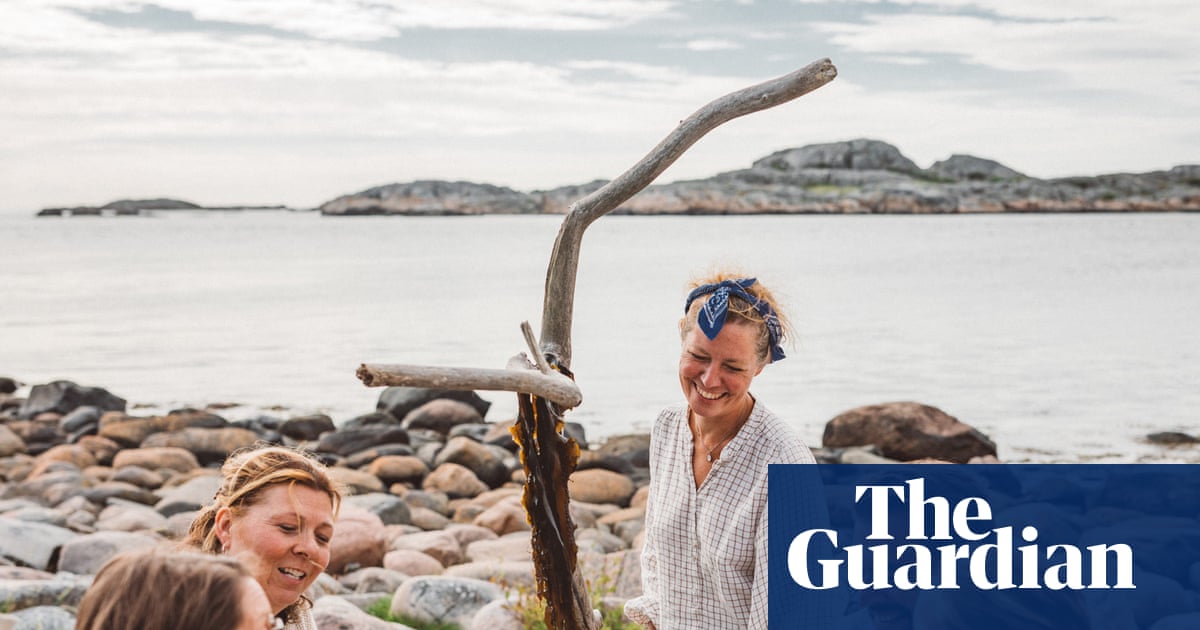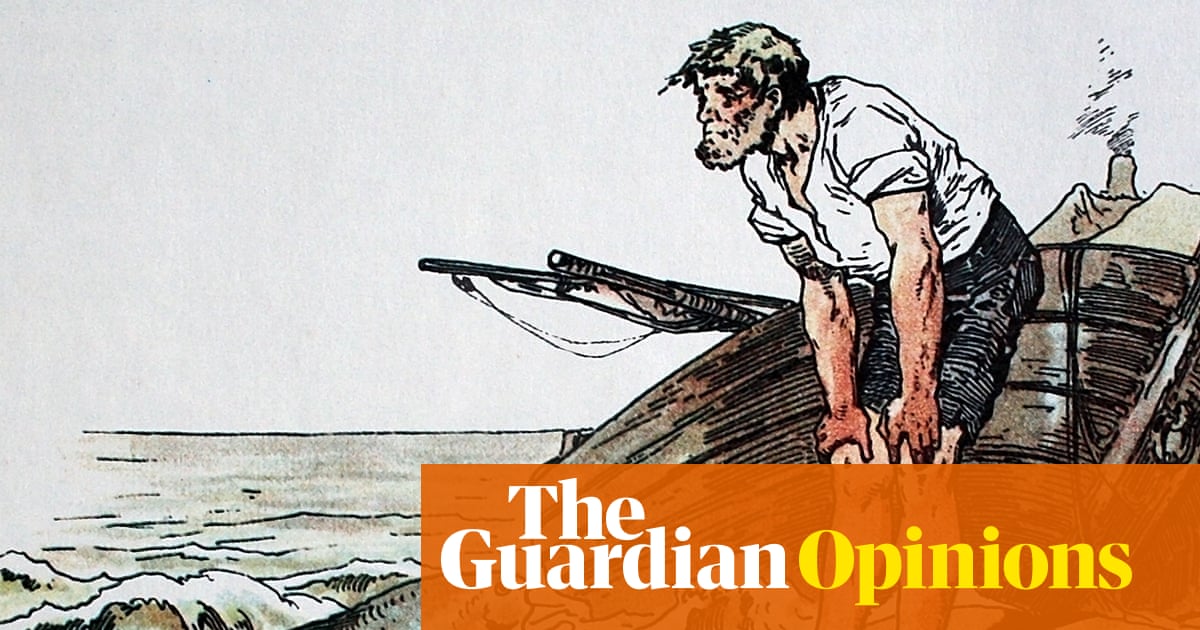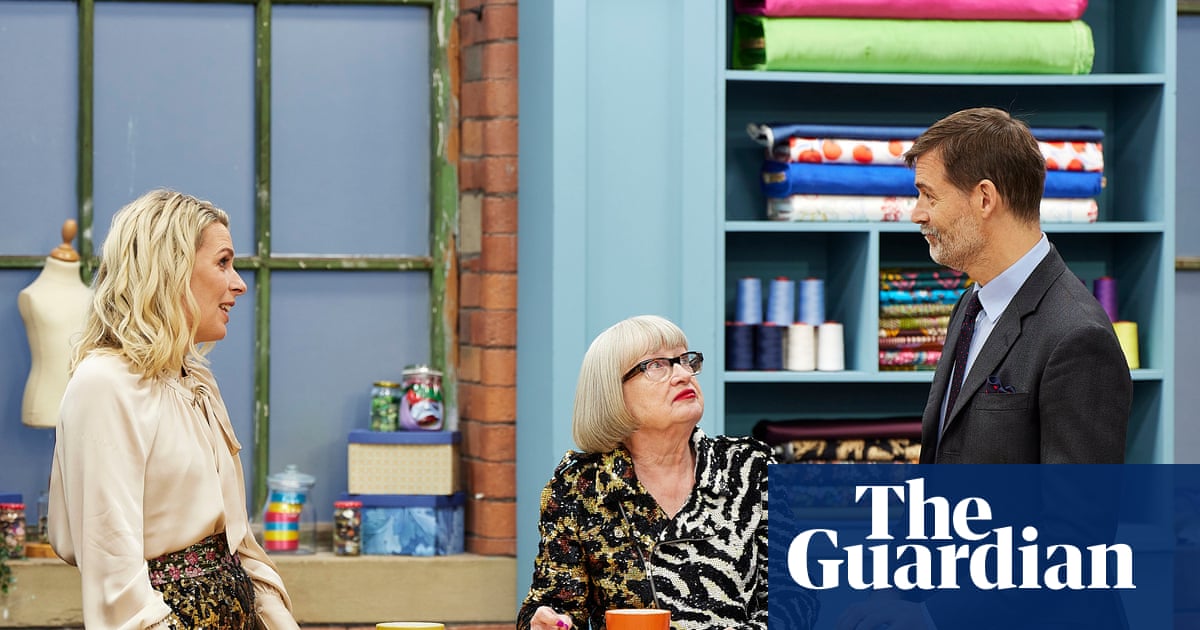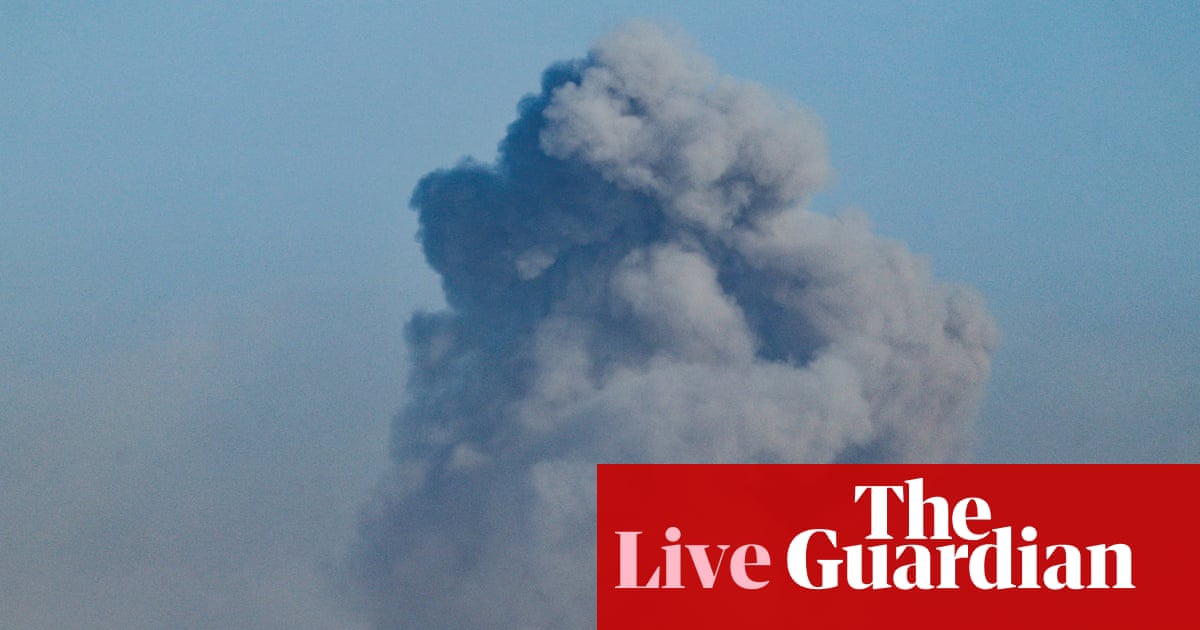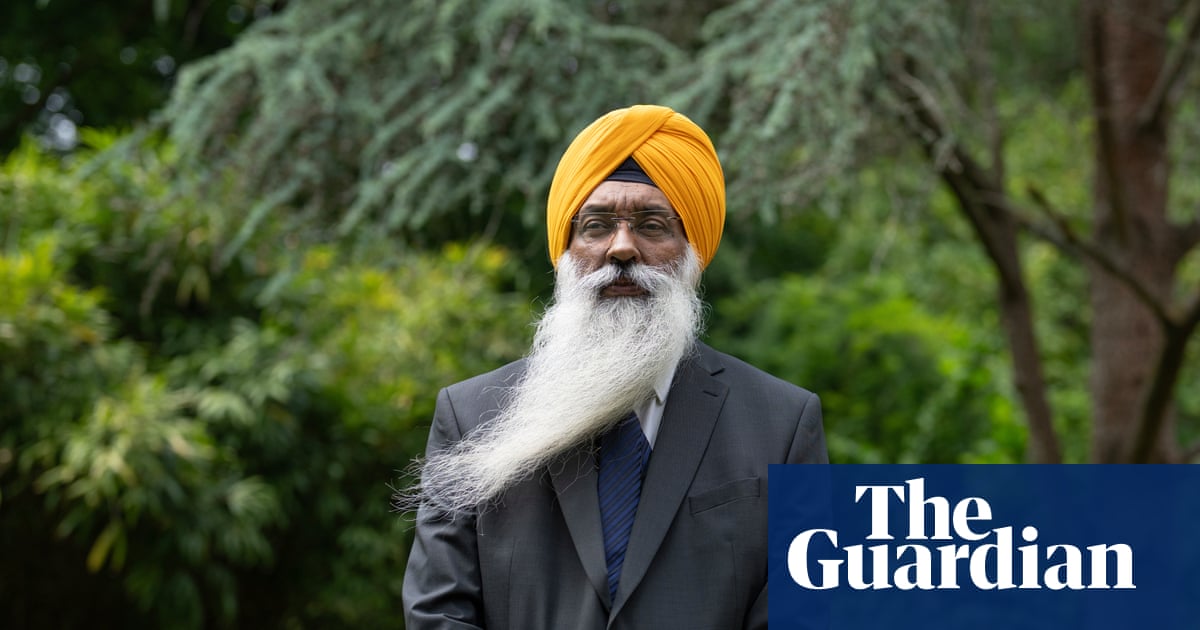In retrospect it all seems so obvious. Form a band, plunder the Beatles’ back catalogue for riffs, guitar tabs, chord changes and song structures, then bang it out in a key that a stadium crowd could put their lungs into but which suited the subway busker, too.
The resulting success now looks so inevitable. In 1994, dance music flooded the UK charts but not everyone thought a rave DJ wearing oversized headphones and playing records counted as a gig. Some people – a vast number, it turned out – still yearned for meat-and-two-veg pop-rock with guitars and drums, and for songs played by groups. Throw in some Manc bluster, the death throes of a Tory government that had occupied Downing Street since for ever, and the first glimmers of a cooler Britannia, and hey presto: Oasis.
Even if the dates don’t quite stack up, that’s how cultural theorists tend to describe the preconditions for one of the world’s biggest ever acts, staring at them through the rear view mirror of musical history after their 2009 implosion. But luck must have played its part, as it always does, along with something more elemental to do with brotherhood and chemistry: the sparks that flew between the Gallaghers were the same sparks that lit their creative drive.

Oasis made seven studio albums, all hugely successful. The third, 1997’s Be Here Now, was released with so much fanfare and expectation that a commercial triumph was guaranteed. But it felt bloated and indulgent, and even if it wasn’t quite a parody of the group’s status and smugness, it had enough calculated familiarity to make them sound like their own tribute band. Upstart effrontery and spiky provocation are evidently hard to maintain when the millions are rolling in. Undeterred, Oasis pressed on, the music going through its motions with only the odd gem to be discovered here and there.
The first two records, though, remain magnificent. I can’t really remember (and don’t care) which is which – they were two halves of the same whole, both full of pounding, adrenalised songs that sounded great on a transistor radio and unbelievable on a proper stereo system. When most bands enter the studio, start dickering with all the toys and turn it up to 11, sonic elements usually get distorted or drowned out.
The audio clarity on Definitely Maybe and (What’s the Story) Morning Glory is astonishing – it feels as if you’re in the room with them. The lyrics are … interesting: rhyme-driven breeze block couplets for the most part, ranging from the rousing, to the mysterious, to the trippy, to the witty, to the laughable, to the moronic. And I’ve sung along with them all, at the top of my voice, especially in the car, where Oasis are the perfect in-vehicle karaoke. Maybe Noel and his studio engineers had figured this out; he always maintained that to be mega successful you need to appeal to the dudes and the squares, and a lot of the squares are motorists with cash to splurge.
In 1995, Oasis and Blur slagged each other off and slugged it out in the singles chart for the Battle of Britpop, Blur coming out on top among accusations of retail skulduggery on both sides. It made the news headlines, because this wasn’t just a popularity contest, it was a media-framed fight between rock’n’roll cats and dogs. Blur were the feline, slippery, ironic, unbiddable, enigmatic art school smart Alecs, and Oasis the muscular, barely-house-trained mutts with a bark and a bite (Suede’s Brett Anderson called Oasis “the singing plumbers”). Characterised by some as a battle for music’s very soul, Blur v Oasis was also seen as a conflict between north and south, and I probably wanted Oasis to triumph for regional rather than aesthetic reasons.
The Oasis back line came and went in the years that followed, with no noticeable effect. Most of its members turned out to be interchangeable and disposable, with fans not really caring who was beating the skins or twanging the bass. In essence, Oasis are the brothers Gallagher, like the twin stars of Sirius, pulsing in the firmament, forever revolving around each other in captured orbit but never able to embrace.
Liam was the couldn’t-give-a-toss gobshite, with not so much a potty mouth as the oral equivalent of a sewage works for a large metropolitan area, and that was OK because he had the cockiness and looks to back it up. He also had a fantastic voice: all tonsil, adenoid, teeth and tongue, loud enough to crowd-surf to the back of a stadium, sharp and sneery enough to enunciate. Noel took the role of scheming mastermind and ace guitarist. It was his idea to conquer the planet and his compositions that would do it. When he stepped into the rehearsal room of his kid brother’s wannabe outfit, he found a shambles, and he gave them material, discipline and direction. That’s the received wisdom, at least – he couldn’t have done it without a frontman like Liam.
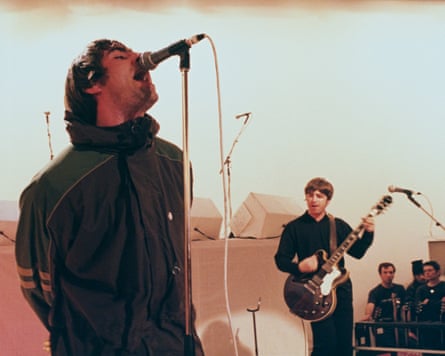
The brothers’ obscenity-ridden slander was a joint enterprise, tearing into other artists and bands with merciless and sometimes hilarious savagery, calling out banality, mediocrity and inability with a refreshing lack of caution. But for all of Liam’s bladed comments and boorish behaviour there was something funny and even innocent about him. Noel, by comparison, seemed wily and defensive; the role of lovable arsehole never came as naturally to him as it did to his younger sibling.
Across two decades the weird psychodrama of their fraternal dynamic has been hard to keep up with. Noel stormed off more than once, sometimes returning to the lineup when only the diehard aficionados knew he’d quit. And the barneys weren’t just artistic flouncing or creative hissy fits, they were proper brawls with weaponised tambourines, guitars and cricket bats. It felt tiresome on occasions, especially as Oasis’s significance waned and cultural sensibilities shifted, but undoubtedly it’s one of the elements that make the planned reunion so compelling.
Because the enmity can’t simply have melted away, can it? There was genuine bad blood between Noel and Liam, which found expression through genuine violence. It’s not impossible to imagine the upcoming tour abandoned on day one, with the brothers in separate luxury hotels, one soothing a bruised fist with a packet of frozen peas, the other with a cartoon rib-eye steak on his face taking the sting out of a shiner.
But when Oasis do finally appear together after a 16-year absence, fans will be back on each other’s shoulders or arm in arm, singing gnomic phrases and occasional nonsense, united by some irresistible bond. If they play Acquiesce – the verses sung by Liam, the choruses by Noel – it’s interesting to wonder what silent thoughts might pass between the warring siblings when they get to the bit about needing and believing in each other. The roar of the crowd, hymning back the lyrics, will be telling them it’s true.

.png) 2 months ago
21
2 months ago
21
